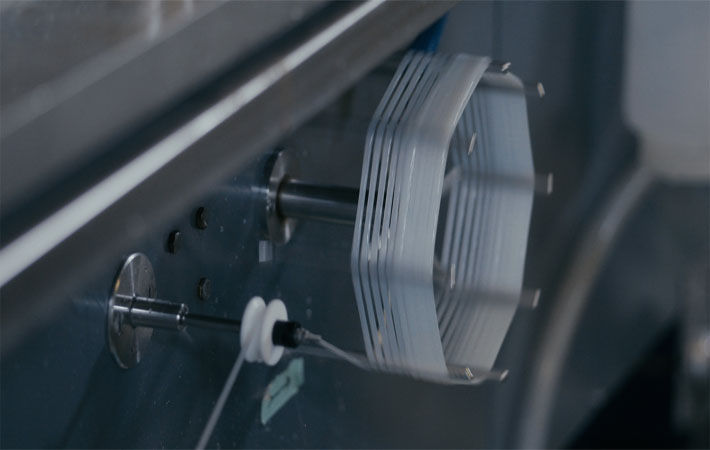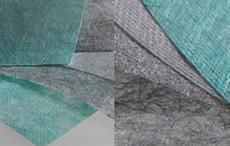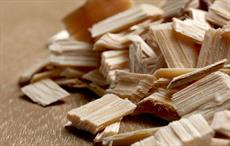
The demand for sustainable and responsible textile fibres is constantly growing. Current methods have a detrimental impact on the environment. Resource-intensive cotton production is already at an extreme, and polyester, in turn, is a major source of microplastic emissions. And, the production of wood-based viscose fibre requires dissolution with toxic carbon disulfide. New and sustainable alternatives from wood and plant-based feedstock are required to address the sustainability challenges of the textile industry. The market for sustainable man-made cellulosic fibres is expected to grow above 10 per cent within the next decade. Competition in the field of new textile fibres is accelerating and the first players in the industry are already commercialising their products and approaching industrial-scale production. Many of these innovations are Finnish, such as Aalto University’s Ioncell fibre, Metsä Spring Oy’s Kuura fibre, Spinnova Oy's fibre and Infinited Fibre Company’s Infinna fibre, the company said in a press release.
In the Nordic Bioproducts’ method, the cellulose is first hydrolyzed in an environmentally friendly and cost-effective manner, after which the fibre is further processed into a viscose-like textile fibre. The inventor of the AaltoCell method, Professor Olli Dahl at Aalto University, was convinced from an early on that the method, developed by Nordic Bioproducts, could be applied in the production of plant-based textile fibres.
”We are very excited about this new collaboration. For CMPC, this represents a significant step toward establishing a leading role in the development of the future of biobased industries with global impact, ”Bernardita Araya, Manager CMPC Ventures said in a statement.
“It’s great to see when your own ideas lead to new products by the skilful team of engineers in a young company. We are embarking on a new era in developing novel biobased products,” Olli Dahl, professor, Aalto University said.
Fibre2Fashion News Desk (GK)

